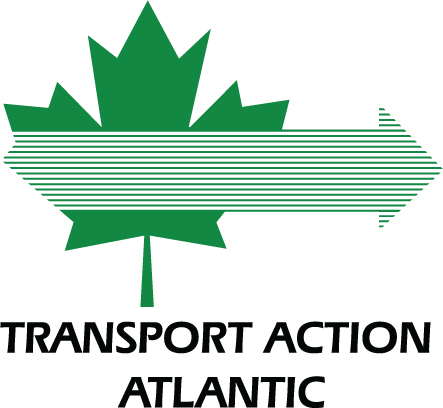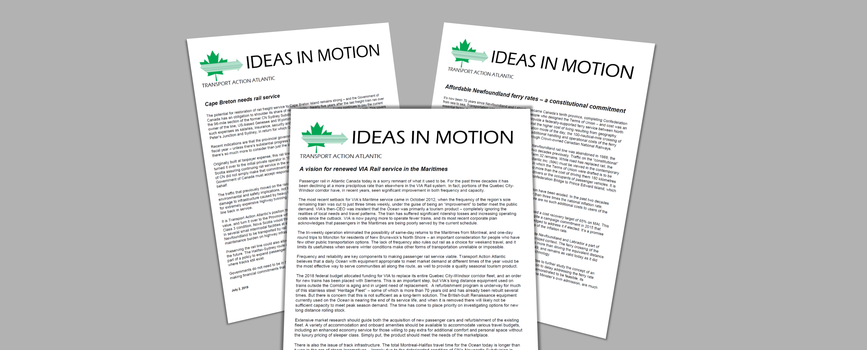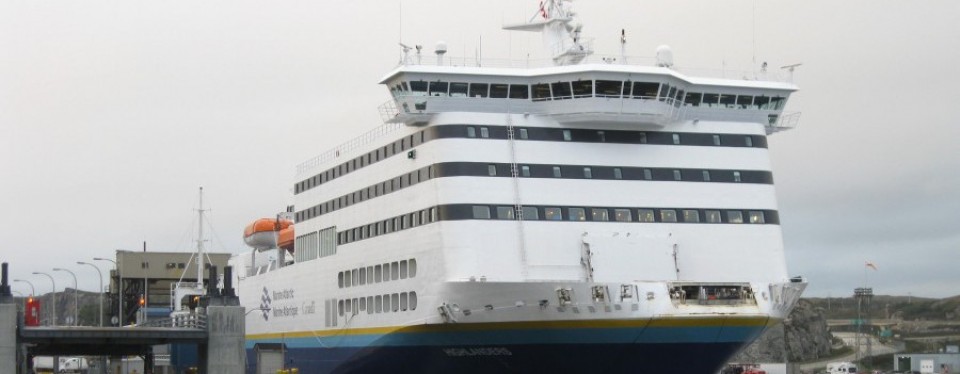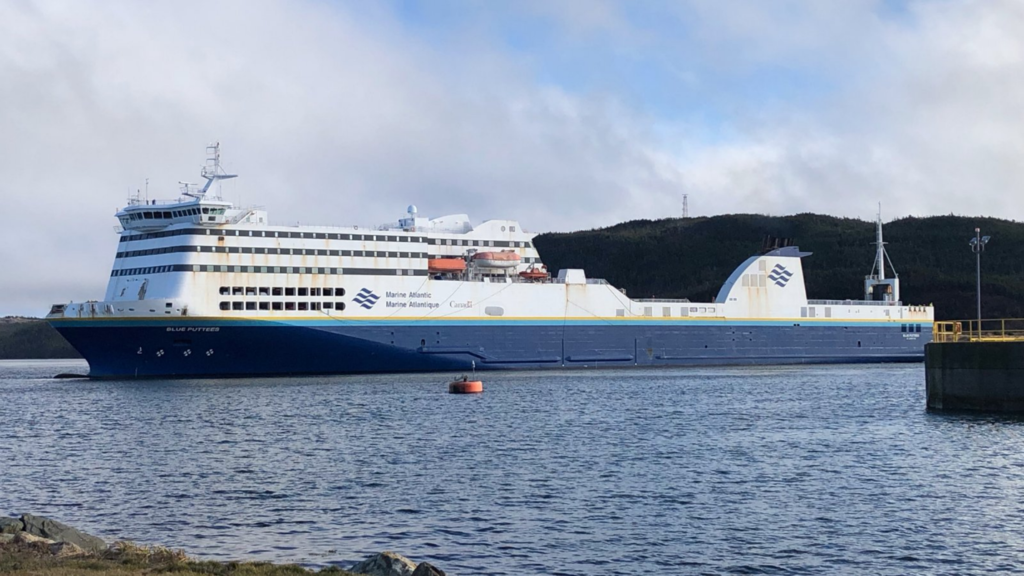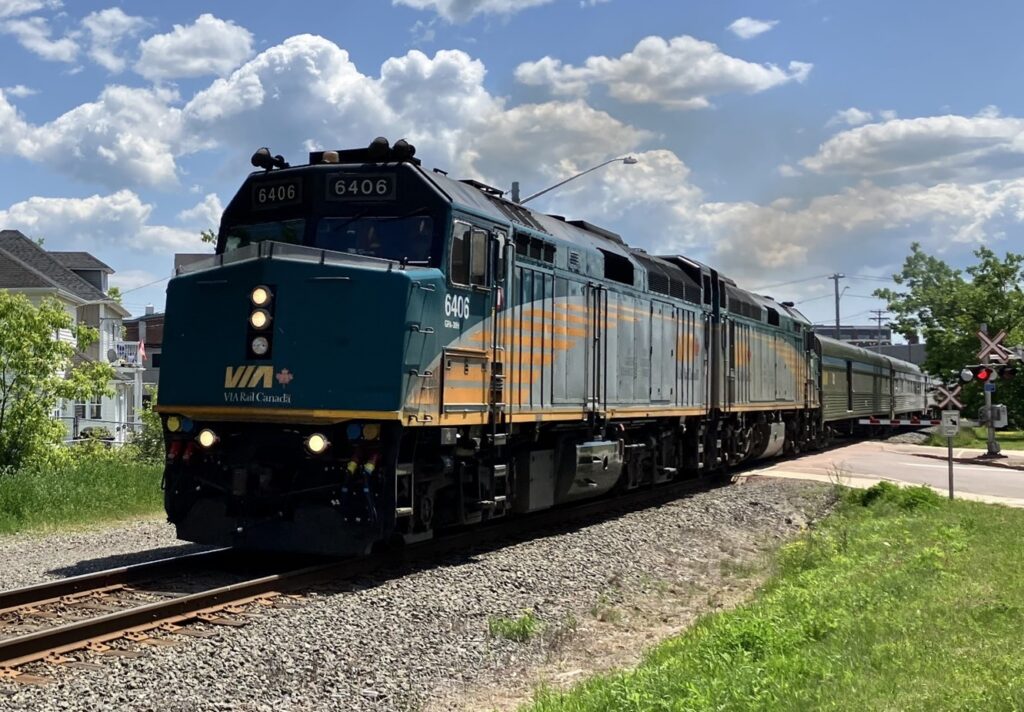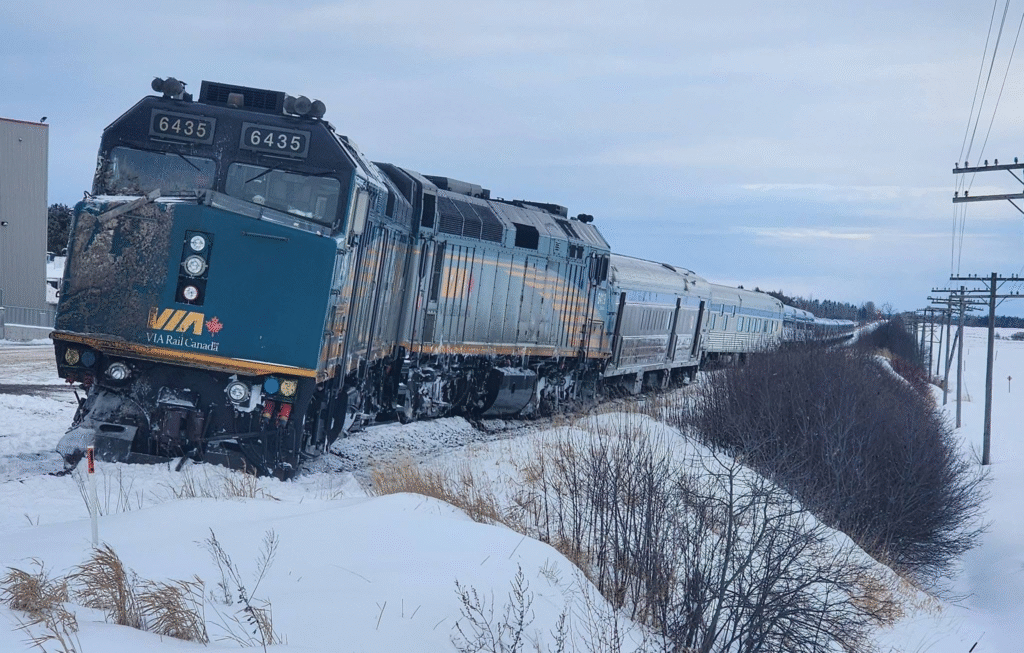
In the early morning hours of January 12, 2026, the eastbound Ocean derailed after striking trucks on the track at Saint-Alexandre-de-Kamouraska QC. It was a great relief to hear that there were no serious injuries to passengers or crew, and it seems that all parties involved did a commendable job of handling the situation. There will undoubtedly be a thorough investigation from the Transportation Safety Board, and ideally measures identified to prevent a similar incursion from happening at this location and others. The derailment took considerable time to clear, and four cars (a baggage car and three Chateau sleeping cars) derailed, with some damage reported to other cars in the train as well.
In the aftermath of this incident, VIA cancelled the next departures of the Ocean, and then proceeded to cancel alternating trains while running with only one train set. These alternating cancellations remained in place for two weeks following the incident, with eight departures cancelled with no alternate transportation. It is certainly understandable that an incident like this would cause disruptions, and we were glad to see at least partial service continuing, but it was concerning to see this number of affected trains, especially with short notice to passengers.
It was fortunate that this derailment happened at a quiet time of the year, but the disruption to travel still has real impacts on residents in the region, especially at a time of year when many would prefer not to drive due to potential inclement weather. It of course has impacts on staff as well, who face a shortage of work while trains are cancelled.
In the past, there were incidents that forced a train set out of operation. A derailment outside of Halifax in late 2018 is a good example. In these cases, VIA was able to assemble a set of spare HEP equipment to replace the Renaissance train that was damaged and removed from service, and this was done within days. Extended cancellations over a period of several weeks was unprecedented even in the relatively recent past.
TAA reached out to VIA with the following questions:
1) What is VIA doing to prioritize the speedy return of full service for the Ocean?
2) As this is the off-season, there is a considerable amount of equipment from the Canadian and other routes sitting idle. This should be more than enough to equip a full set of HEP equipment to operate on the Ocean. While this would not be the usual equipment, it would provide an alternative to outright cancellations. Is there some reason that this is not possible, and is VIA even evaluating this option?
3) What is VIA doing to restore the condition of the existing equipment fleet to ensure that these sort of cancellations are not required in the future after any unforeseen issues? To what extent has this derailment affected the plans for equipment refurbishment?
As of this time, we have still not received answers to any of these questions, though full service did resume by January 30 with a second trainset assembled from spare equipment.
Unfortunately, this derailment has not been the only issue facing VIA’s operations in Atlantic Canada so far this year. For the month from February 11 through March 18, VIA is removing all Renaissance sleeping cars from both of the Ocean trainsets. We’ve gathered that this was for planned maintenance that is badly needed, and we are of course pleased to see work being done on this equipment; however, the result of this is that for the next month, it appears that only two HEP (Chateau) sleeping cars will be in service on each train. This is a considerable reduction in sleeper capacity, and TAA has already heard of passengers who had their sleeping car reservations cancelled because of the reduced capacity.
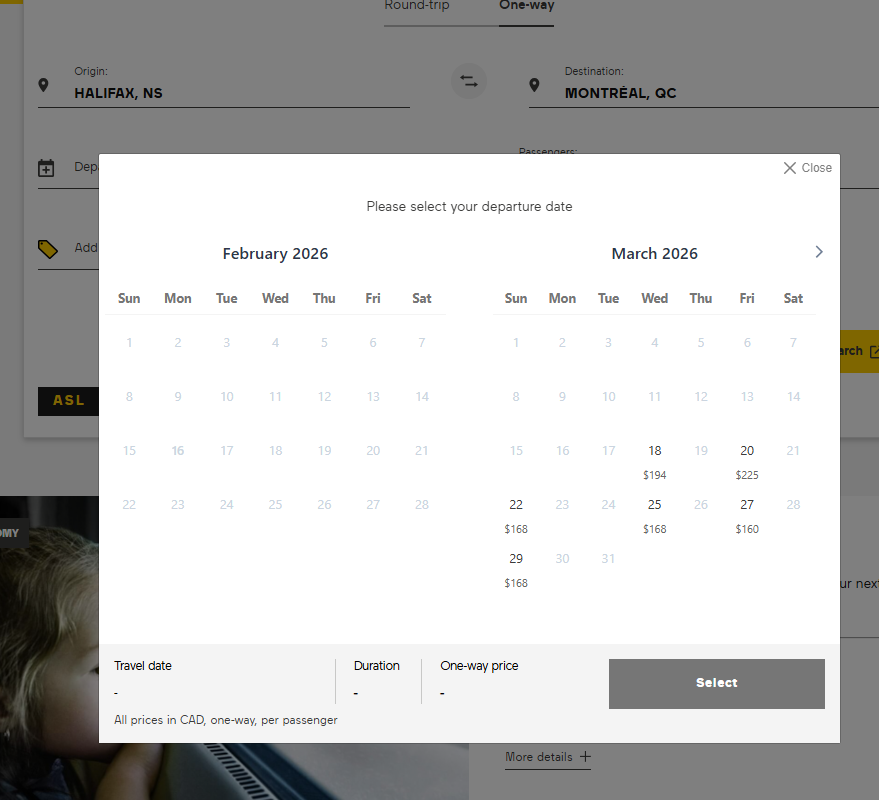
Following on from our questions after the derailment, it seems surprising that there would not be any other HEP sleeping cars available right now, given that the Canadian continues to operate on a shortened off-season consist. It was certainly common practice years ago to move some equipment from the Canadian to the Ocean for off-season HEP trains. Even one more sleeping car per train would avoid needing to make cancellations.
Even more concerning, VIA has taken the extraordinary step of temporarily blocking all reservations on the entire route of the Ocean from now through the middle of March. It makes sense that some temporary restriction on new sleeper bookings may be required while affected passengers are re-booked, but the full block of all segments, including in economy class, seems excessive.
As a specific example, Train #15 departed Halifax on February 15 with the full trainset that had not yet been shortened – so it still had all of its usual sleeping cars and economy class cars. But bookings were inhibited right up to departure, including for every segment on the route. So if a prospective passenger that day wanted to travel from Halifax to Truro, or Moncton to Miramichi, even that wasn’t allowed, despite the fact that there would most certainly have been available coach space. Even on trains with the shortened consist, there will definitely be short-haul coach space available, as end-to-end coach sellouts are a rarity. VIA’s booking system is capable of managing capacity by route segment, so why does this full block of every train need to be in place? Prospective passengers looking at the reservations system could well end up assuming that no trains are running for the next month.
This is a serious inconvenience to the travelling public, especially with both the Nova Scotia and New Brunswick March breaks approaching in the period covered by this time window. Once again, this would seem to be a reflection of the low priority that VIA places on the Ocean and the communities in Atlantic Canada that this train serves. Incidents happen and maintenance must be done, of course, but the way these events are being handled seems to suggest that VIA is not making any effort to minimize the disruptions to their passengers.
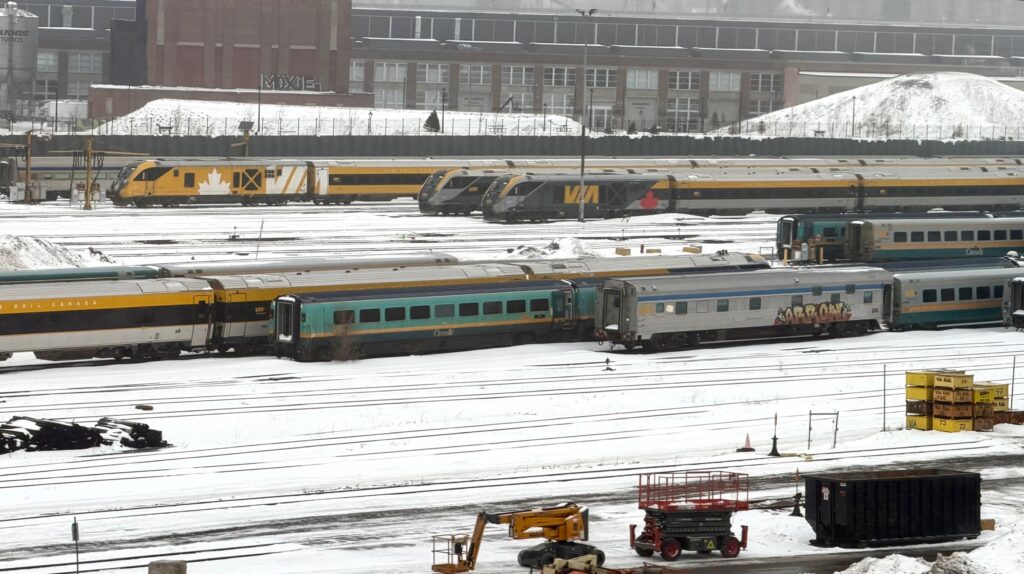
In another example of this same kind of decision making, VIA also made the decision a few weeks ago to reverse the orientation of the Ocean trainsets, putting the Renaissance equipment back on the east end of the train. This reverses a passenger-experience oriented change that was made in early 2024 under the direction of Mario Peloquin, which put the sleeper bedrooms on the more scenic side of the train. Back when that decision was made, VIA’s notices to passengers heralded this change as a positive one, stating that “We would like to inform our passengers of a recent decision to rearrange our train equipment in order to offer our Sleeper Plus class passengers a view of the ocean side throughout their trip. The orientation of the train has been modified to ensure that all bedroom windows face in the direction of the ocean.” Now, just over two years later and with no fanfare, VIA has gone back on this decision. We have been told this was done for operational convenience, and while that may be reasonable, it fits with the recent pattern of decision making that is focused on operational convenience first, and passenger experience second.
All of this points to worrying signs of VIA’s commitment to their service in Atlantic Canada. We can certainly appreciate that VIA is facing challenges with ageing equipment and poor availability, and we are still optimistic about the new long distance fleet, which will eventually remedy this situation; but we are increasingly concerned about what our passenger rail service will look like for the better part of the next decade before those trains arrive, and we need to see a concrete plan to ensure that reliable service can be provided until that time.
– Tim Hayman
*Update: As of the afternoon of February 17, half of the trains through Feb/March have been re-opened for booking, as it appears VIA continues to make changes to the consist plans. The rest, using the already shortened trainset, remain blocked entirely.
